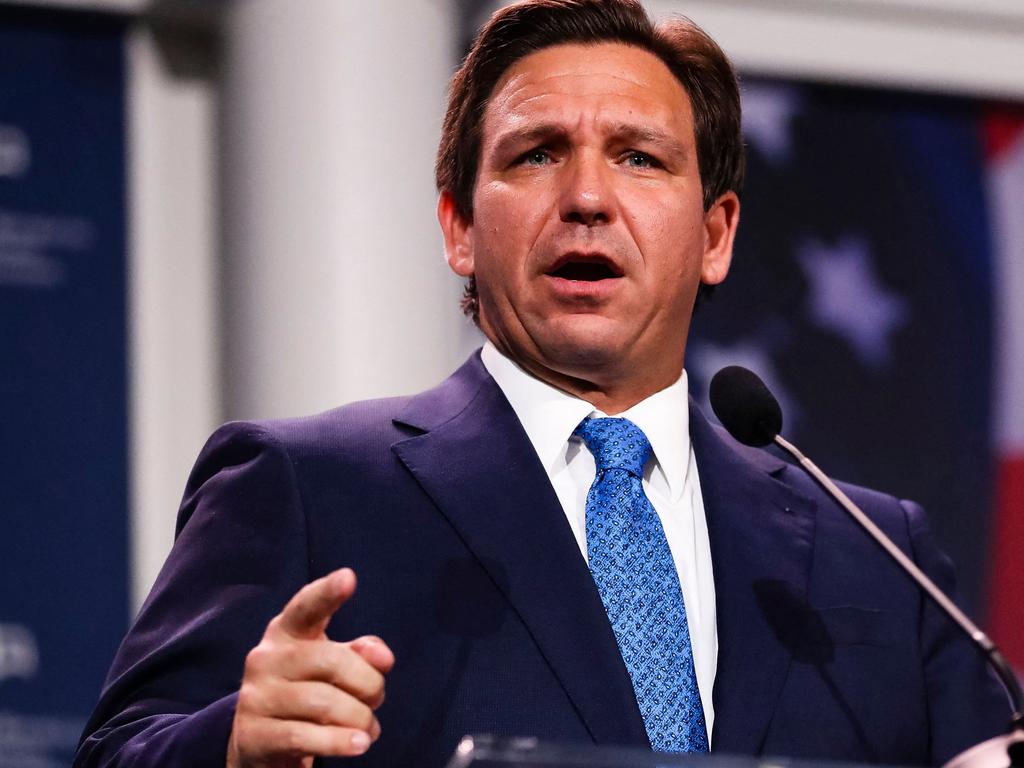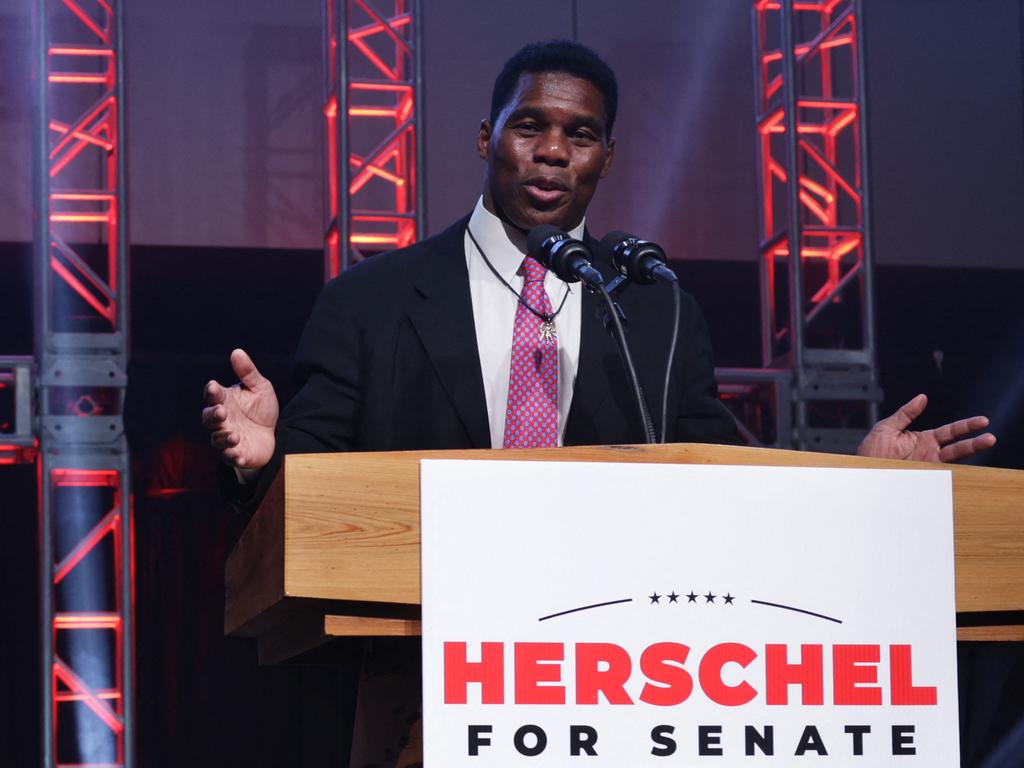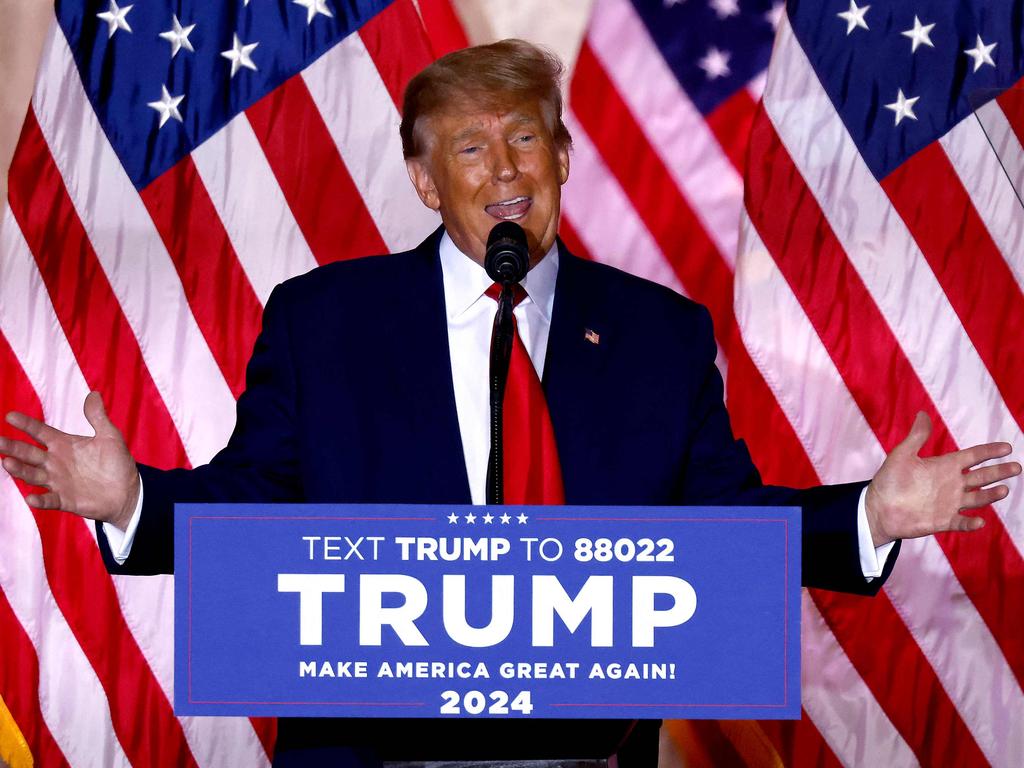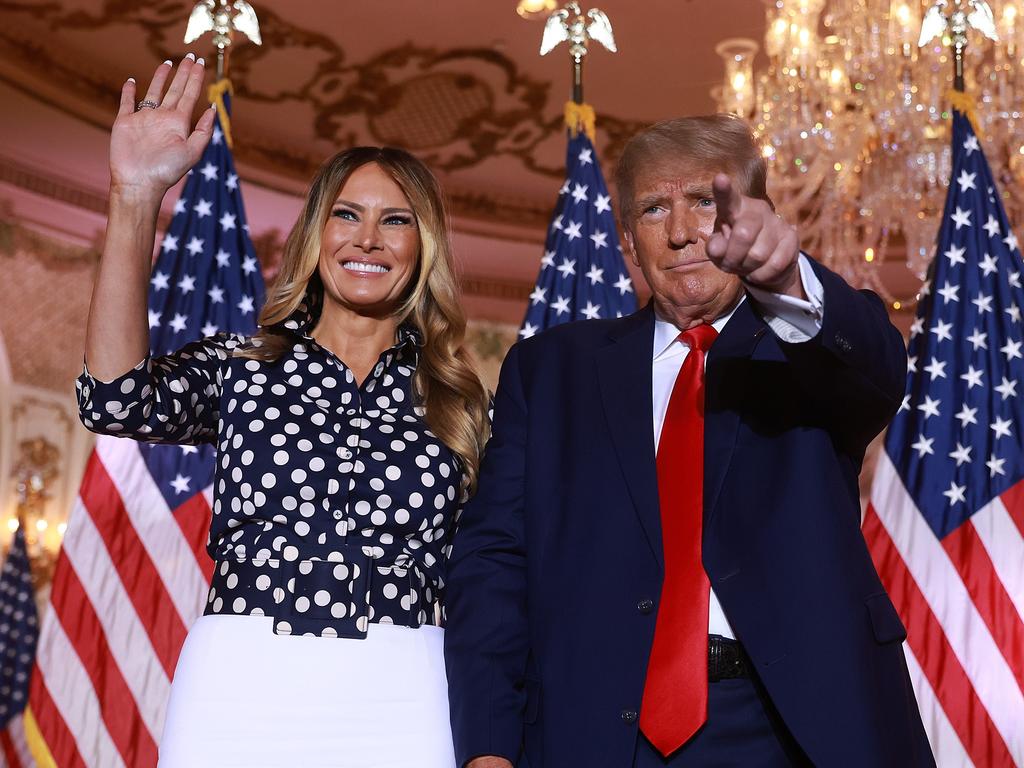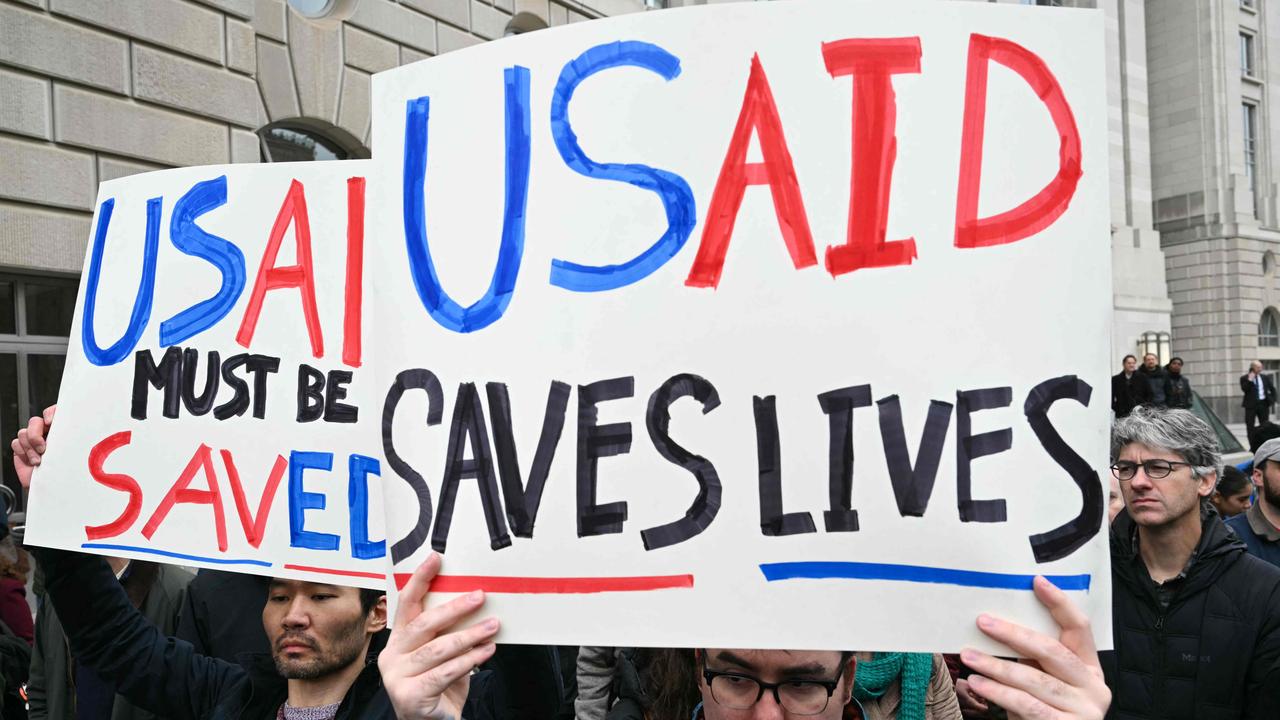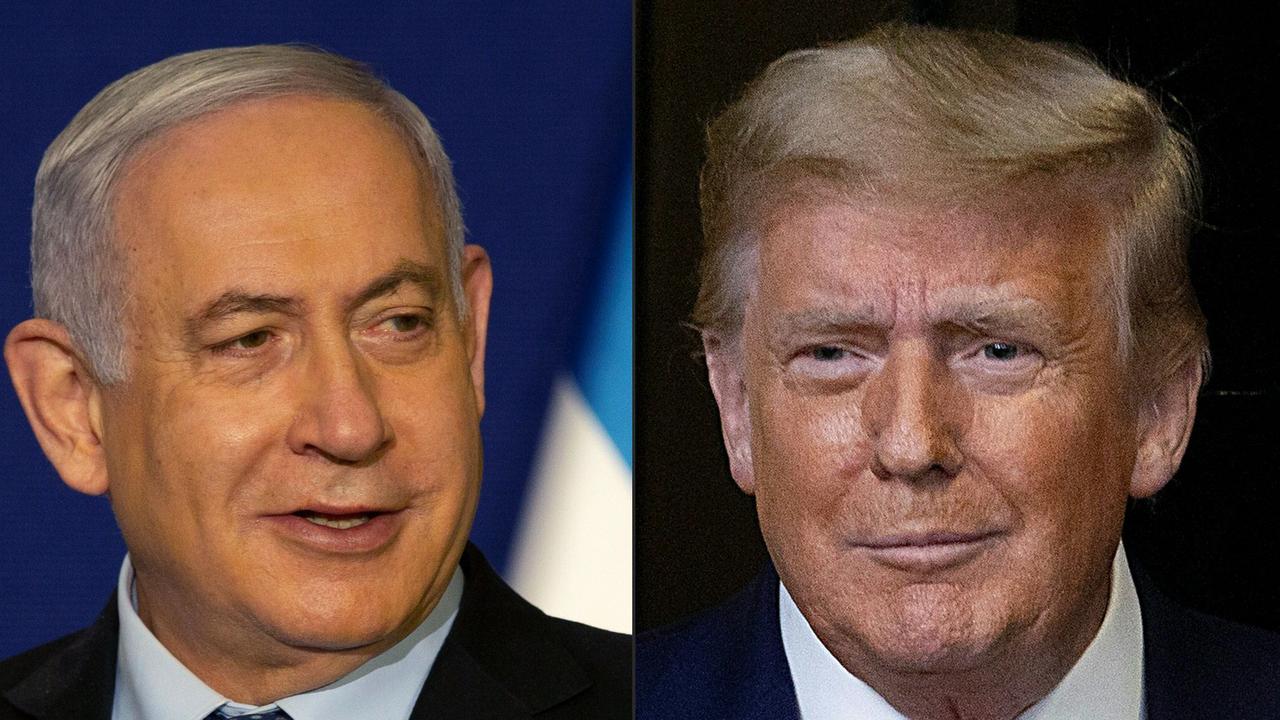January 6 committee considers criminal referrals for Donald Trump, allies
As committee gets ready to vote on potential criminal referrals, lead member says there’s enough evidence to charge Donald Trump.
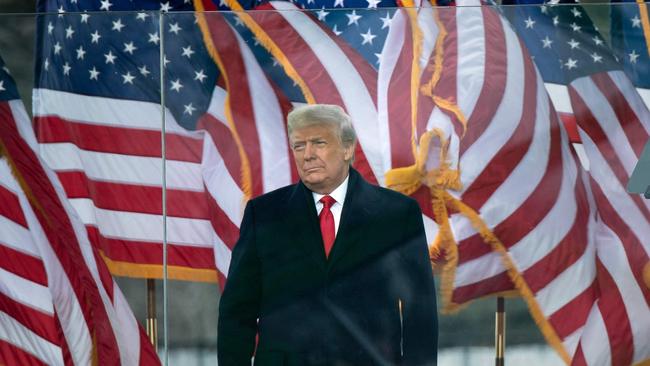
The House select committee investigating the Jan. 6, 2021 attack on the Capitol is expected to vote Monday on potential criminal referrals to the Justice Department for former President Donald Trump and some of his allies, related to an attempt to overturn the 2020 election results.
The vote will amount to one of the final acts of the committee. Over nine previous public hearings this year it laid out its case that Mr. Trump launched a campaign to reverse the election results and, in his efforts, summoned supporters to Washington and incited them to storm the Capitol. The hearings featured new disclosures and allegations regarding Mr. Trump’s efforts to pressure state and government officials to help keep him in power, as well as witness testimony, often from senior Republicans and top officials from his own administration, about his actions on the day of the riot.
The committee, made up of seven Democrats and two Republicans, is expected to release the final report on its investigation later in the week. The panel will disband with the forming of the new Republican-led House in January.
Rep. Adam Schiff (D., Calif.), a Jan. 6 committee member, said Sunday the group will vote on whether to send criminal referrals, but he declined to say what those specific referrals would be.
“I think the evidence is there that Donald Trump committed criminal offences in connection with his efforts to overturn the election and viewing it as a former prosecutor, I think there is sufficient evidence to charge the president,” he said on CNN.
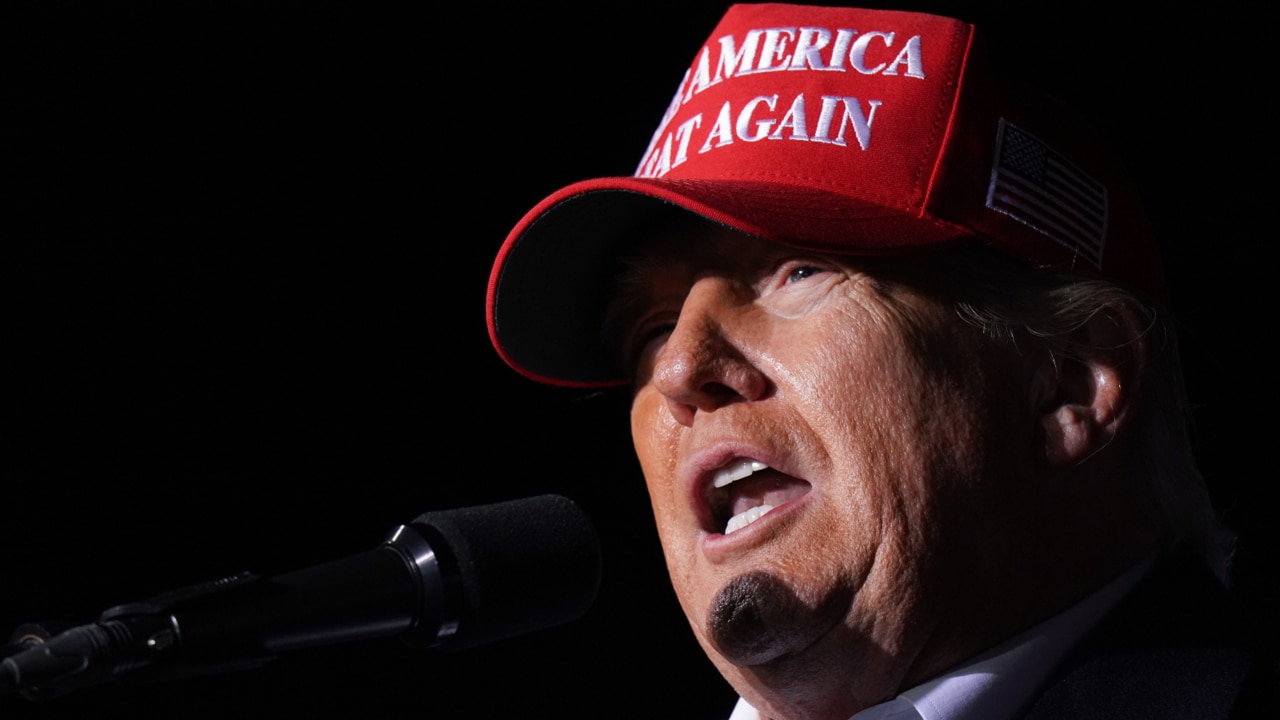
Mr. Schiff said he thought Mr. Trump should be prosecuted, as it was his belief that he had committed crimes in connection with his efforts to overturn President Joe Biden’s win in the 2020 election.
“This is someone who in multiple ways tried to pressure state officials to find votes that didn’t exist, this is someone who tried to interfere with a joint session, even inciting a mob to attack the Capitol. If that is not criminal then I don’t know what is,” Mr. Schiff said.
The 1pm hearing on Monday is expected to include votes on criminal and ethical referrals for Mr. Trump. The committee could potentially also vote on referrals for members of Congress or former members of the Trump administration who stymied the committee’s investigation, according to comments by committee members.
The Justice Department has been pursuing its own investigation related to Jan. 6 and could act regardless of the committee’s referrals, which don’t carry legal weight, since Congress has no formal say in Justice Department decisions. Any ethical referrals would go to the House Committee on Ethics.
Mr. Trump, who was impeached in the House last year and acquitted in the Senate on a count of inciting an insurrection, has repeatedly said he did nothing wrong and has attacked the committee as a partisan witch hunt.
A federal judge in a case involving the committee earlier this year said that Mr. Trump and John Eastman, a law professor, “more likely than not” committed a felony in their efforts to overturn the 2020 election. Mr. Eastman filed a lawsuit against the committee to stop the release of emails to House investigators, claiming they were the product of his work as alawyer and exempt from disclosure. A federal judge, in rejecting the lawsuit, cited the crime-fraud exception, which removes protections for documents written in furtherance of a crime.
The Jan. 6 panel could consider whether to make a criminal referral of Mr. Eastman, who advanced a fringe legal theory after Mr. Trump’s lost the election. A lawyer for Mr. Eastman didn’t respond to a request for comment.
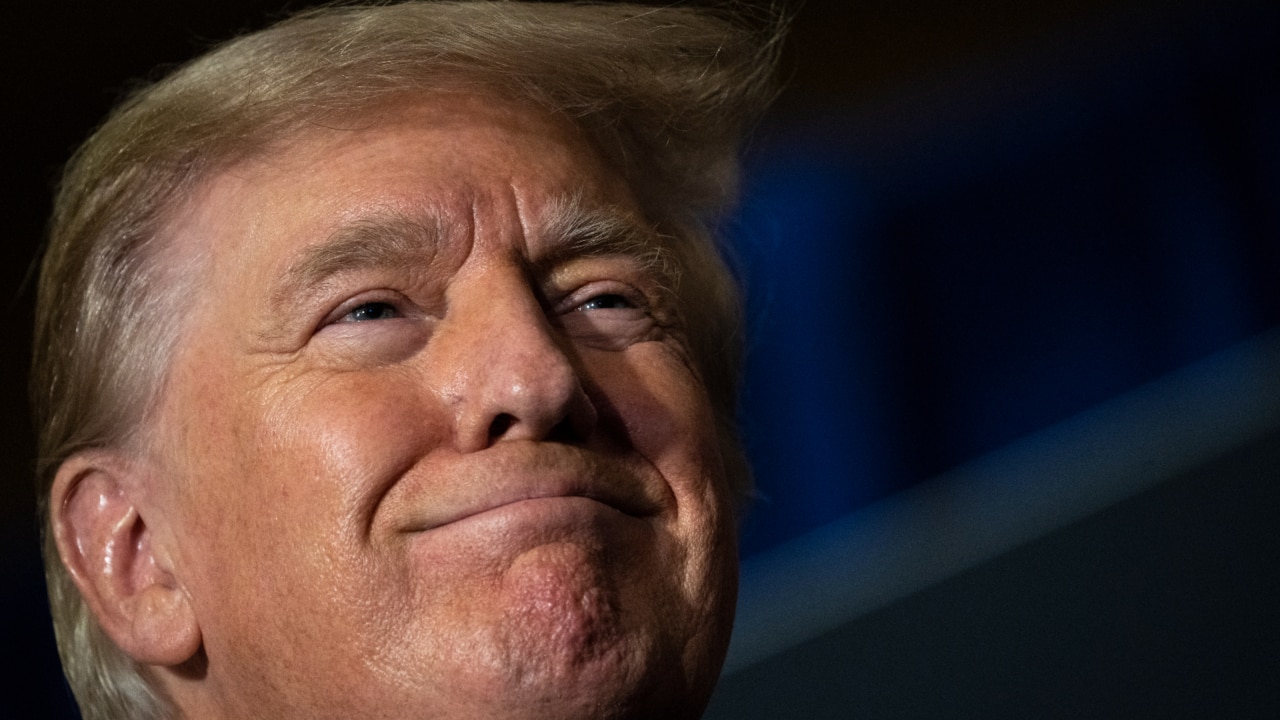
Rep. Bennie Thompson (D., Miss.), chairman of the committee, told reporters in early December that panel members “have made decisions that criminal referrals will happen,” although they hadn’t yet decided who would receive them.
Attorney-General Merrick Garland last month appointed Jack Smith, a former federal and international war-crimes prosecutor, as special counsel to oversee the DOJ’s investigations into Mr. Trump. In addition to the investigation into the efforts to overturn the election, that includes the department’s probe into the handling of classified documents at Mr. Trump’s Mar-a-Lago resort in Florida.
Monday’s hearing isn’t expected to have any live witnesses but could include video evidence or testimony, committee members have indicated.
The committee has subpoenaed other people in Mr. Trump’s orbit to testify, and referred four people to the Justice Department for possible prosecution for failing to comply.
The department chose to prosecute two of them — former Trump adviser Peter Navarro and strategist Steve Bannon, who were both indicted on charges of contempt of Congress. Mr. Navarro has pleaded not guilty. Mr. Bannon was convicted and sentenced to four months in prison. He remains free while he appeals the conviction.
Prosecutors declined to charge two others, Mr. Trump’s final chief of staff, Mark Meadows, and Dan Scavino, the deputy chief of staff for communications in the Trump White House. Unlike Messrs. Navarro and Bannon, both Mr. Meadows and Mr. Scavino engaged in some co-operation with the committee before cutting off talks. Mr. Meadows provided communications before ending his co-operation.
The final report, likely to be released Wednesday, will provide evidence supporting the committee’s claim that Mr. Trump oversaw a seven-part plan to overturn the 2020 election and prevent the transition of power on Jan. 6, 2021. Rep. Liz Cheney (R., Wyo.) laid out those claims at the committee’s first hearing in June.
Aspects of the plan, as revealed in subsequent hearings, included an effort to spread false information to the American public that the election was stolen. Mr. Trump pressured members his own administration, including acting Attorney-General Jeffrey Rosen and Vice President Mike Pence, to help reverse the election, the committee showed in the hearings.
Another part of the campaign included efforts by Mr. Trump and his allies to push state election officials and state legislators to alter election results in his favour, the committee showed. The allegations, laid out in the committee’s fourth hearing on June 21, included testimony from Georgia Secretary of State Brad Raffensperger, who described a pressure campaign against him to change the results of the state’s election, won by Mr. Biden.
The report is also expected to contain evidence the committee gathered in a slate of separate investigations focusing on various parts of events leading up to the Jan. 6 attack, including co-ordination of individuals who engaged in violence that day and financing of the Stop the Steal campaign.
Ryan Goodman, a professor at New York University School of Law, said he would be looking for evidence of perjury in the report. “That is the kind of new information that might be of special interest to the Justice Department,” he said.
Dow Jones

